Support the management of extra teaching, but many readers suggest that it needs to be controlled more strictly to avoid the situation of teachers swapping students at the center and charging high fees.
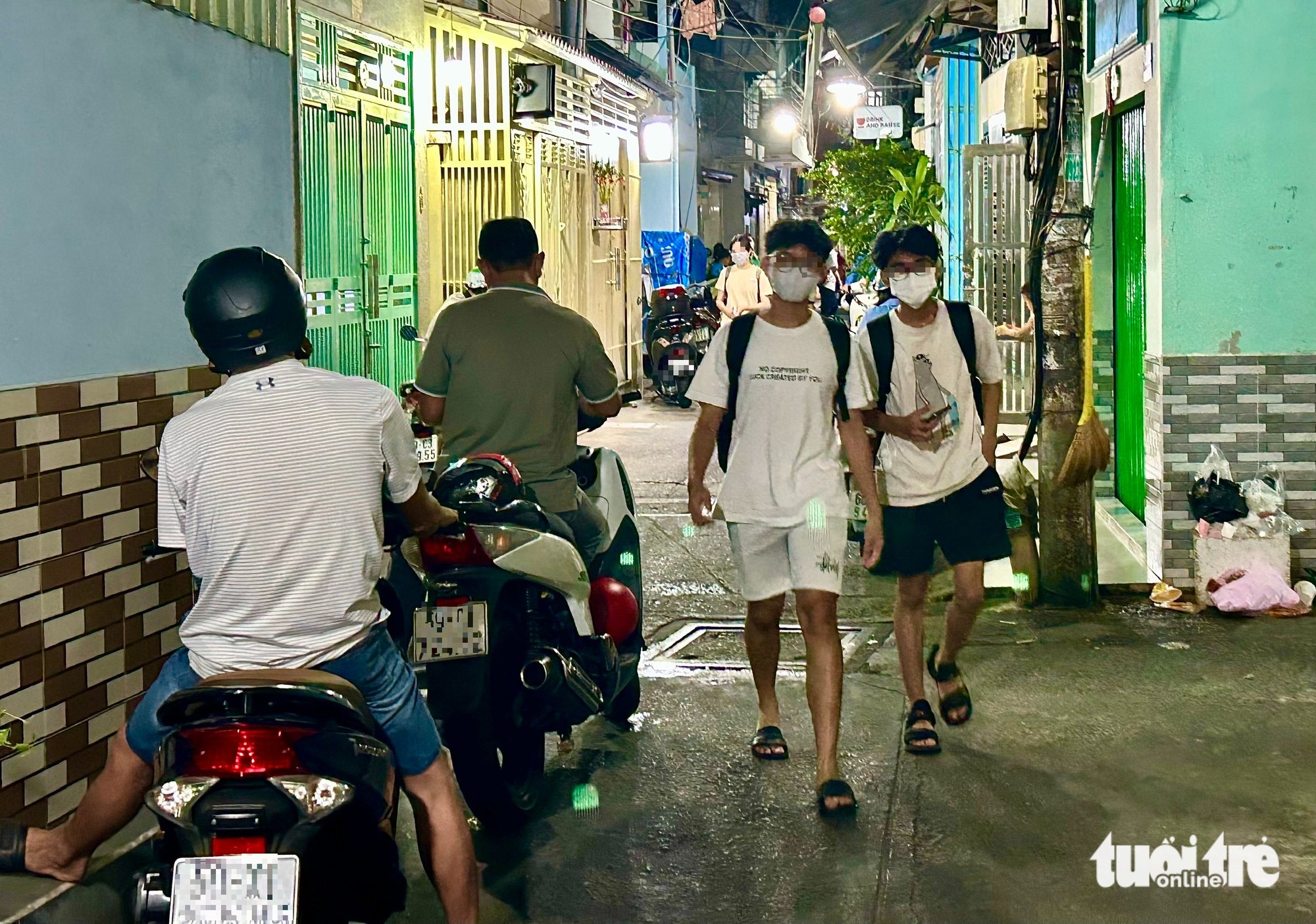
Parents waiting to pick up students for extra classes in an alley on Doan Van Bo Street, Ward 9, District 4, Ho Chi Minh City - Photo: TTD
Below the article "Vice Chairman of the National Assembly: Proposing the Ministry of Education and Training to further study the issue of extra teaching and learning", many readers have given additional comments on this issue.
Still the teachers in the school teach extra classes, just different from studying at the center
Currently, Circular 29 stipulates that at the primary level, it is not allowed to organize extra teaching of cultural subjects, except for life skills, sports or art classes.
At junior high and high school levels, extra tutoring in schools is only applicable to weak students, excellent students or senior students, and tuition is not collected.
If teachers want to teach outside of school, they must register their business legally and are not allowed to collect money from regular students, whether at home or at the center.
Many readers believe that extra teaching has been tightened and is initially effective, however, there are still widespread variations, causing great pressure on students and distorting formal teaching activities.
Because of the ban on extra classes in schools, outside centers have sprung up like mushrooms.
A reader shared: "Near my house, after Circular 29 took effect, the centers immediately sent invitations to the classes, the price was 40,000 VND/session.
It's still the teachers in the school who teach, the only difference is they've moved out. It's even harder for parents to control them."
Readers Nguyet Tran said: "If there is a need for extra classes in the final year, it should be allowed to be organized in school and the fees should be clearly collected. As for banning extra classes in school, so that teachers send students to centers and parents still have to pay extra, it is just a change of form."
Reader Nguyen Thanh commented: "There are many tutoring centers springing up. Teachers switch classes with each other and then teach outside the center, charging very high fees."
Readers Truong Tai expressed his wish that general education should be fundamentally redesigned: "A complete but core set of textbooks should be written so that students only need to learn from the books."
Many parents reiterated their concerns that extra tutoring deprives children of the opportunity to develop comprehensively. Reader Thanh Tung wrote: "Students have studied all day in class, so they should be able to play and practice their talents at home.
A progressive education is where students have enough time to study the main subjects, then practice physical training and life skills, instead of continuing to be caught up in extra classes.
Ban or control private tutoring?
Many readers believe that we should distinguish clearly between the voluntary needs of parents and the teachers' forced tutoring. Because the problem lies not in the nature of tutoring, but in the way it is organized and supervised.
Readers Tien Thuy analyzed: "Not every family has the same conditions. If parents voluntarily let their children study, why is it forbidden?
The problem is how to prevent teachers from taking advantage of assessment and testing to force students to take extra classes.
This reader suggests separating the assessment role from the main teacher, and increasing salaries to reduce income pressure.
Reader dieu@gmail.com reflects the reality: "Parents are afraid that their children will be in the wrong class, so they find extra classes for them. That is a very real need, how can it be forbidden?"
According to readers Cuong Pham: "If we want to ban cultural subjects like math and Vietnamese, we should ban them, but English and life skills should be encouraged. Children need to be instilled with a passion for foreign languages from an early age."
Readers Ngoc said: "The current curriculum is too heavy, exams are still challenging, students cannot avoid extra classes. If we want to completely ban it, we must reform the curriculum and exams first."
Readers Hang Vinh proposed tightening management with specific measures: "It is necessary to closely monitor compliance with Circular 29. Tutoring centers need to have cameras, report periodically, and be transparent in their operations to avoid circumventing the law."
"When schools no longer have to recruit new students and there is no more competitive pressure, extra classes will disappear on their own. But if there are still competitions and competition, parents will still find ways to let their children take extra classes, whether it is banned or not" - reader Long conclude.
Source: https://tuoitre.vn/siet-day-them-dung-de-giao-vien-doi-lop-cho-nhau-o-trung-tam-roi-thu-tien-cao-20250327091153824.htm






![[Photo] Cat Ba - Green island paradise](/_next/image?url=https%3A%2F%2Fvphoto.vietnam.vn%2Fthumb%2F1200x675%2Fvietnam%2Fresource%2FIMAGE%2F2025%2F12%2F04%2F1764821844074_ndo_br_1-dcbthienduongxanh638-jpg.webp&w=3840&q=75)



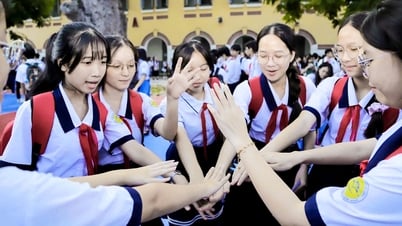


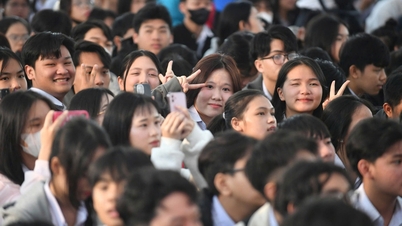


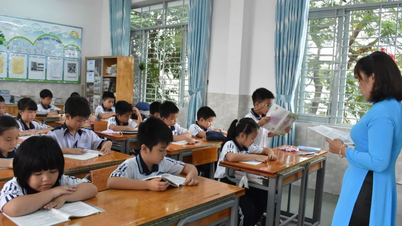

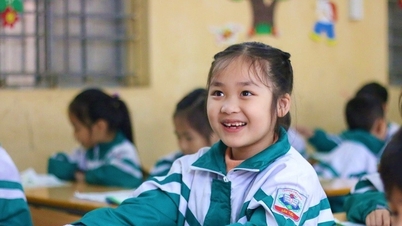









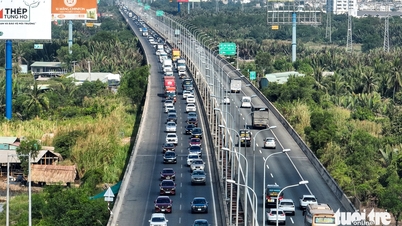
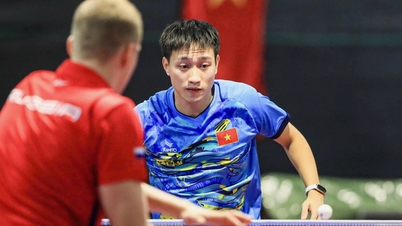
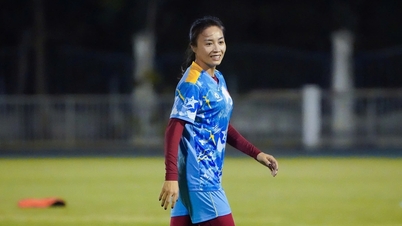




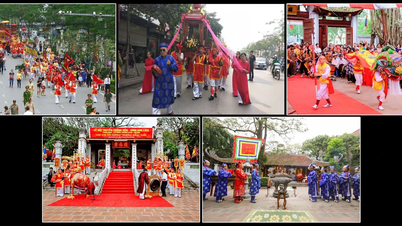

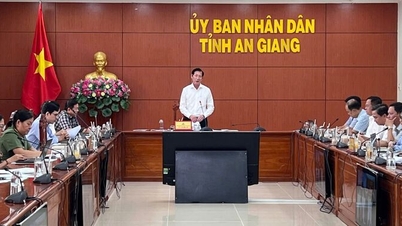



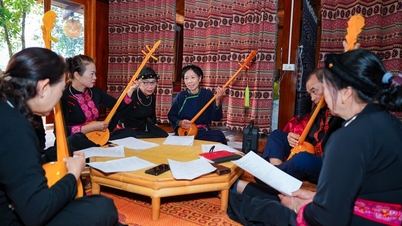



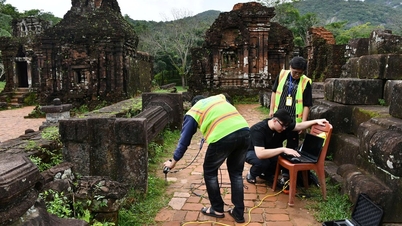





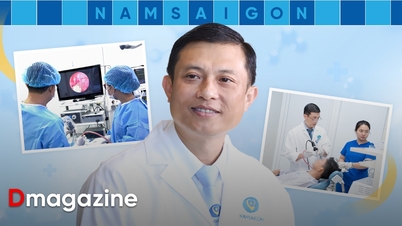

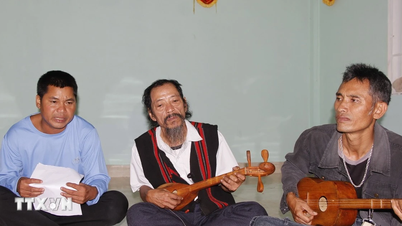
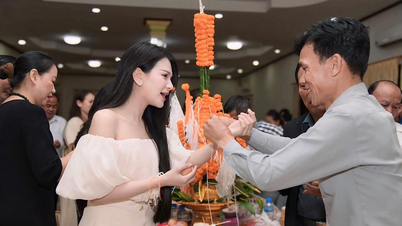



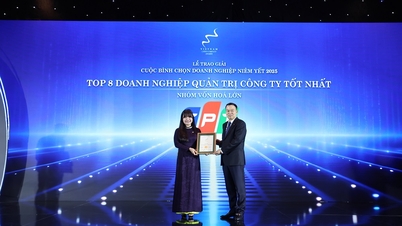



![[VIMC 40 days of lightning speed] Da Nang Port: Unity - Lightning speed - Breakthrough to the finish line](https://vphoto.vietnam.vn/thumb/402x226/vietnam/resource/IMAGE/2025/12/04/1764833540882_cdn_4-12-25.jpeg)
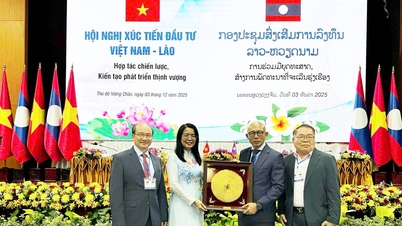












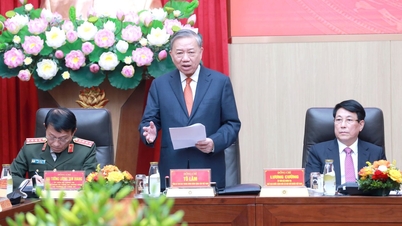

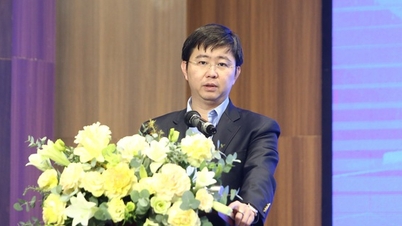

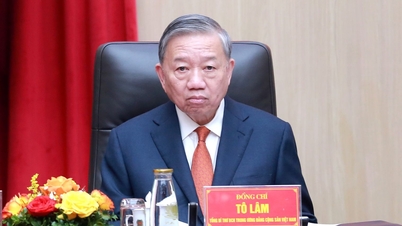







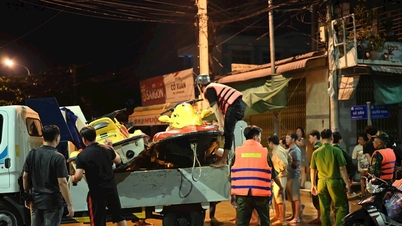
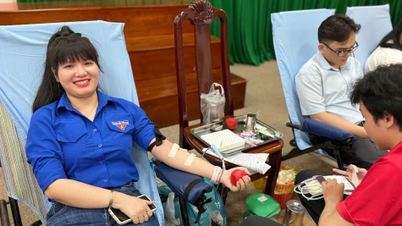


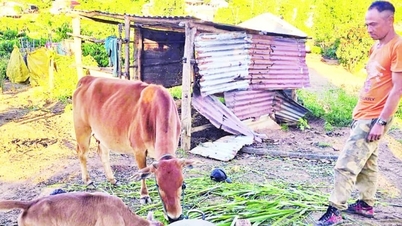














Comment (0)